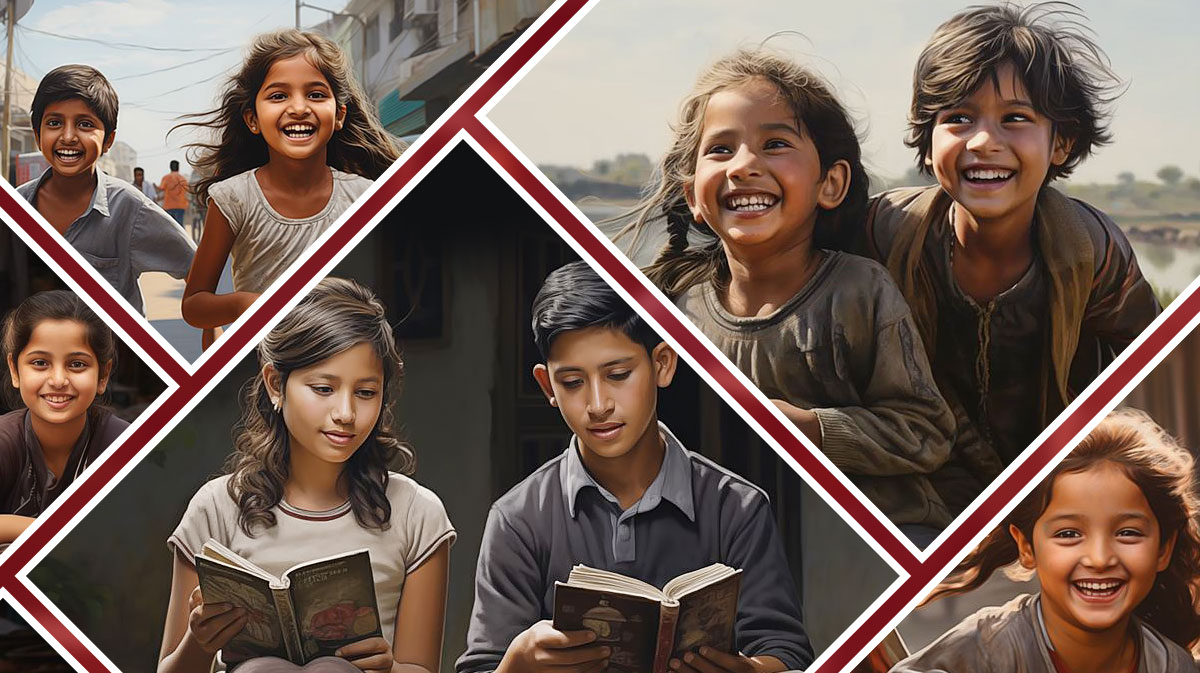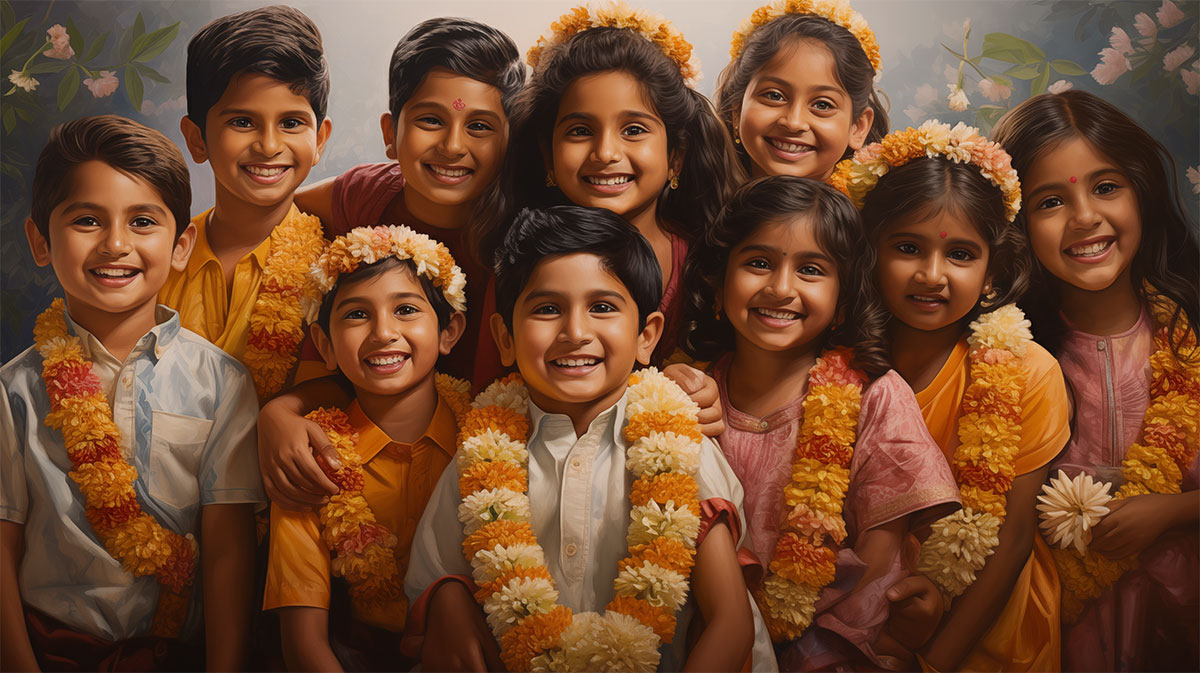
About 15% of the world’s population identifies as Hindu. One is born a Hindu, and that is accepted by all families.
There are officially about 22 individual languages, but unofficially, more than 120 languages are spoken with many dialects.
Portions of the Bible are available in only half of these languages.
Originado hace más de 3.000 años, el sistema de castas divide a los hindúes en cinco categorías principales y todavía está activo en la India actual. Profundamente arraigada en las creencias hinduistas sobre el karma y la reencarnación, esta organización social puede dictar dónde vive la gente, con quién se asocia e incluso qué agua puede beber.
Muchos creen que el sistema de castas se originó en Brahma, el dios hindú de la creación.
Si bien el sistema de castas es menos frecuente en las grandes ciudades, todavía existe. En la India rural, las castas están muy vivas y determinan qué trabajo puede tener una persona, con quién puede hablar y qué derechos humanos puede tener.
The presence of Christianity in India dates back to ancient times, tracing its roots to the apostle Thomas, who is believed to have arrived on the Malabar Coast in the first century AD. Over the centuries, the Christian church in India has experienced a complex and diverse history, contributing to the religious tapestry of the country.
After the arrival of Thomas, Christianity gradually spread along the west coast of India. The appearance of European colonizers in the 15th century, including the Portuguese, Dutch, and British, further influenced the growth of Christianity. Missionaries played a crucial role in establishing churches, schools, and hospitals, impacting India’s social and educational landscape.
The church in India today represents roughly 2.3% of the population. It encompasses various denominations, including Roman Catholic, Protestant, Orthodox, and independent churches. Kerala, Tamil Nadu, Goa, and the northeastern states have a significant Christian presence.
As is the case in many parts of the world, some may choose to follow Jesus but continue to identify culturally as Hindu.
Significant challenges to the growth of the church include occasional religious intolerance and conversions being criticized as a threat to indigenous culture. The caste system has been difficult to eradicate, and the current government has largely ignored a climate of prejudice and outright oppression in parts of the country.
Diwali, also known as Deepavali, is one of the most celebrated festivals in Hindu culture. It symbolizes the triumph of light over darkness and good over evil. This joyous occasion brings together families, communities, and regions to honor ancient traditions, spread happiness, and create a vibrant atmosphere of spiritual renewal.
For Hindus, Diwali carries profound spiritual and cultural significance. It represents the victory of Lord Rama, the seventh avatar of Lord Vishnu, over the demon king Ravana and the return of Lord Rama to Ayodhya after a 14-year exile. The lighting of oil lamps called diyas and bursting fireworks are symbolic gestures that ward off evil and invite prosperity, happiness, and good fortune. Diwali also holds significance in other religious contexts, such as celebrating the goddess Lakshmi, the Hindu deity of wealth and prosperity.
Diwali is a time of spiritual reflection, renewal, and joy for Hindu communities. It encapsulates the values of triumph over darkness, good over evil, and the importance of familial and community bonds. This celebration of light and happiness brings people closer, inspiring them to spread love, peace, and prosperity throughout the year.



110 CIUDADES - Un proyecto de IPC a US 501(c)(3) No 85-3845307 | Más información | Sitio por: MEDIOS DE CIP
110 CIUDADES - Un proyecto de IPC a US 501(c)(3) No 85-3845307 | Más información | Sitio por: MEDIOS DE CIP